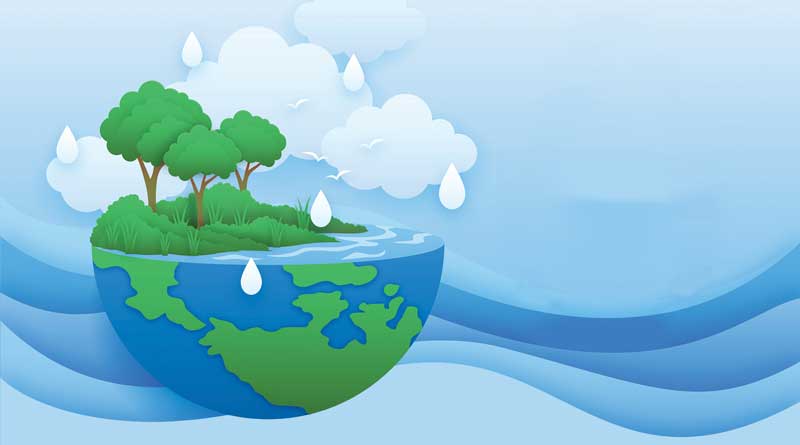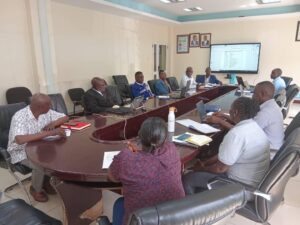
Water, the elixir of life, is a finite resource crucial for sustaining ecosystems, supporting agriculture, and meeting the needs of growing populations. Amidst increasing water scarcity and environmental concerns, utilities are adopting innovative strategies to promote water conservation and sustainable management practices.
Exploring various initiatives implemented by utilities worldwide, including water recycling, rainwater harvesting, and leak detection technologies, aimed at reducing water consumption and preserving freshwater resources.
Water recycling, also known as water reuse or reclaimed water, involves treating wastewater to remove impurities and pathogens before reintroducing it into the water supply for non-potable applications. Utilities are increasingly embracing water recycling as a sustainable solution to augment water supplies and reduce reliance on freshwater sources. Advanced treatment technologies, such as reverse osmosis and ultraviolet disinfection, ensure that recycled water meets stringent quality standards for various purposes, including irrigation, industrial processes, and environmental restoration. By closing the loop on water usage, utilities can conserve precious freshwater resources and minimize the environmental impact of wastewater disposal.
Rainwater harvesting is another effective strategy employed by utilities to capture and utilize rainwater for various purposes, such as landscape irrigation, toilet flushing, and groundwater recharge. Utilities promote rainwater harvesting through public education campaigns, financial incentives, and infrastructure investments, including the installation of rain barrels, cisterns, and permeable pavements. By capturing rainwater runoff from rooftops and paved surfaces, utilities can reduce stormwater pollution, alleviate pressure on municipal water supplies, and enhance urban resilience to droughts and water shortages. Additionally, decentralized rainwater harvesting systems empower communities to become more self-sufficient in water management while fostering a deeper connection with their natural surroundings.
Water leaks in distribution networks represent a significant source of water loss and inefficiency for utilities. To address this challenge, utilities are deploying advanced leak detection technologies, such as acoustic sensors, satellite imagery, and data analytics, to identify and repair leaks promptly. By continuously monitoring water distribution networks for anomalies and abnormal flow patterns, utilities can detect leaks in real-time and prioritize maintenance efforts more effectively. Moreover, proactive leak detection not only conserves water but also reduces operational costs, extends the lifespan of infrastructure assets, and enhances service reliability for consumers. Through investments in leak detection technologies and proactive maintenance practices, utilities can minimize water losses and optimize the efficiency of water distribution systems.
In the face of escalating water challenges, utilities play a pivotal role in promoting water conservation and sustainable management practices. By embracing innovative strategies such as water recycling, rainwater harvesting, and leak detection technologies, utilities can reduce water consumption, preserve freshwater resources, and build resilient water systems for future generations. However, realizing the full potential of these initiatives requires collaboration among utilities, government agencies, communities, and stakeholders to overcome technical, regulatory, and financial barriers. Together, we can nurture nature’s nectar and ensure a sustainable water future for all.


